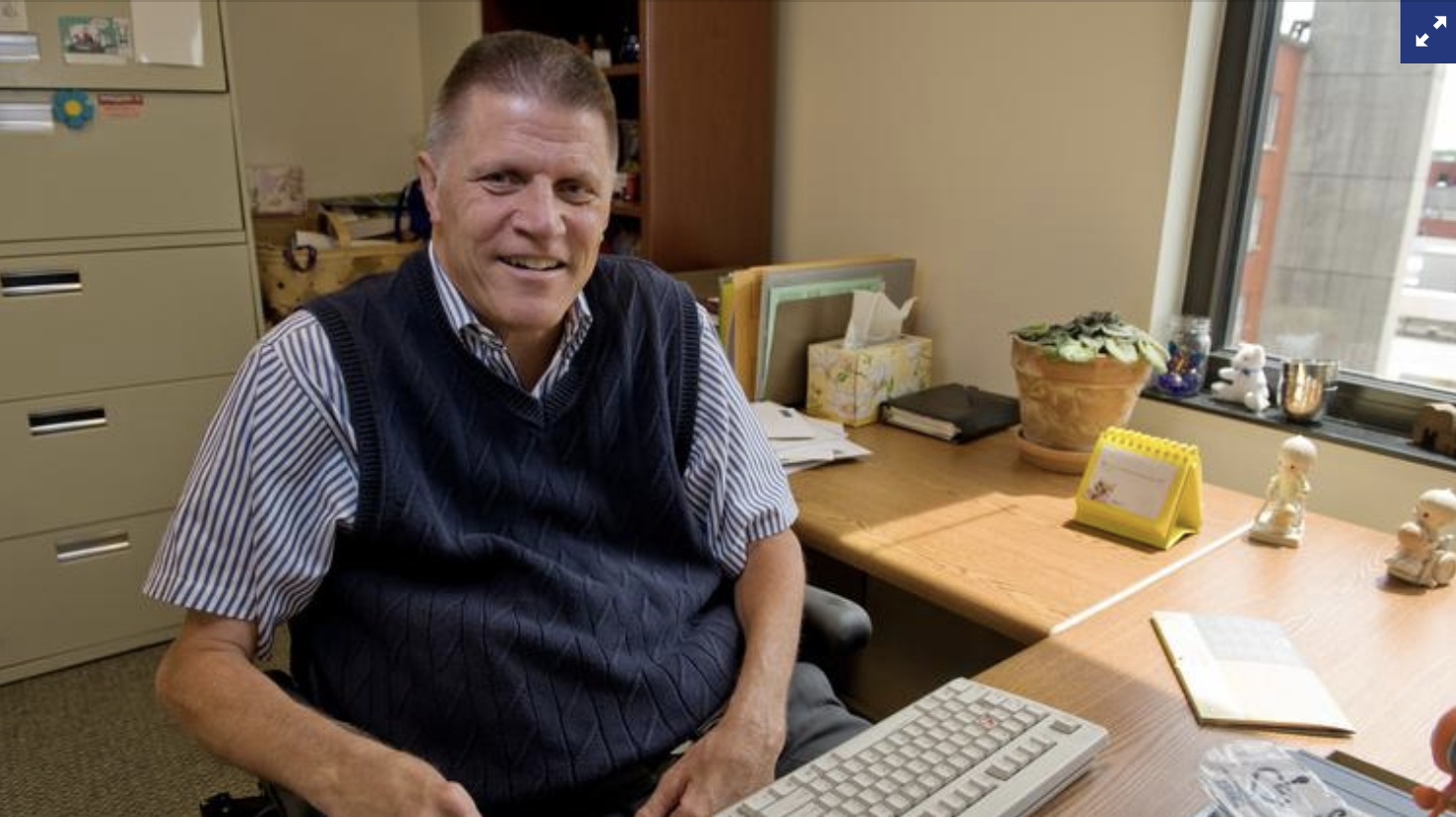Accessibility progress and next steps: A Q&A with a renowned disability advocate
 Mark Johnson is a renowned disability advocate and former director of advocacy at the Shepherd Center.On July 26, 2020, the 30th anniversary of the signing of the Americans with Disabilities Act (the ADA) was celebrated.
Mark Johnson is a renowned disability advocate and former director of advocacy at the Shepherd Center.On July 26, 2020, the 30th anniversary of the signing of the Americans with Disabilities Act (the ADA) was celebrated.
The Americans with Disabilities Act of 1990 is a law that prohibits discrimination based on disability. In addition, the ADA requires employers to provide reasonable accommodations to employees with disabilities, and it established accessibility requirements for publicly used places and spaces.
To commemorate this legislation, GCDD’s Legislative Advocacy Director Charlie Miller interviewed Mark Johnson, renowned disability advocate and former director of advocacy at the Shepherd Center, on what it was like to advocate for the Americans with Disabilities Act and his advice for young advocates.
Charlie Miller: What was your biggest “I can’t believe I lived without this” moment once the ADA got passed?
Mark Johnson: Well, I got injured in 1971 and then I got involved in Section 504 of the Rehabilitation Act in the late ‘70s, but [neither of those incidents] addressed or were as broad as the ADA. Back in those days, you didn’t really have building codes that addressed access, so there were a lot of physical barriers. You weren’t able to use public transit. You weren’t able to go down to Tybee Island. You weren’t able to access power beach chairs in Orange Beach, Alabama, or Destin, [Florida]. You weren’t able to do all those things, so you kind of did what you could do.
I think the “Aha” moment was when I was sitting on the White House lawn on July 26, 1990, with 3,000 other people in very hot weather. You finally got acknowledged as a person, you know? It was like after all those years where people with disabilities were separated, isolated and discriminated against — it was like, OK, change takes time, but now we have a new tool in the toolkit, and that’s the ADA.
View this entire interview at www.gcdd.org.
The Georgia Council on Developmental Disabilities (GCDD) is a state leader in advocating alongside people with developmental disabilities. We advance social change, public policy and innovative practices that increase opportunities for individuals with developmental disabilities and their families to thrive where they live, learn, work, play and worship.
The original article ran in the Atlanta Business Chronicle on July 2, 2021.
